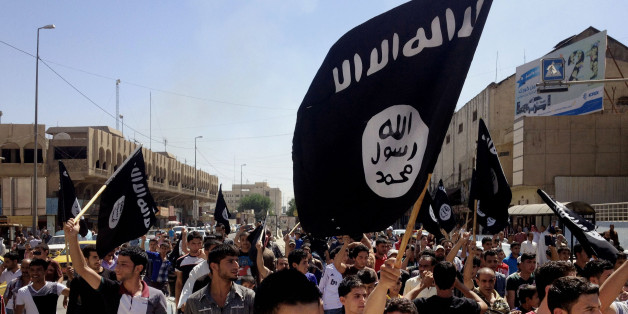U.S., Gulf nations issue sanctions on six targets for ties to Islamic State
Washington (Reuters) – The United States and six Gulf countries on Wednesday imposed sanctions on six targets Washington has accused of supporting Islamic State operations, including by funneling hundreds of thousands of dollars to leaders of the group in Iraq and Syria.
The U.S. Treasury Department said in a statement the Terrorist Financing Targeting Center (TFTC) – which also include Bahrain, Kuwait, Oman, Qatar, Saudi Arabia and the United Arab Emirates – imposed sanctions on three money services businesses and an individual in Turkey and Syria, as well as an Afghanistan-based charity.
“The actions taken today serve as a further warning to individuals and businesses who provide financial support or material assistance to terrorist organizations,” U.S. Secretary of State Mike Pompeo said in a statement.
The Treasury said the blacklisted Syria-based money services businesses, which include al Haram Exchange, Tawasul Company and al-Khalidi Exchange, “played a vital role in transferring funds to support Syria-based ISIS fighters and … provided hundreds of thousands of dollars of liquidity to ISIS leadership.”
Abd-al-Rahman ‘Ali Husayn al-Ahmad al-Rawi, selected by ISIS in 2017 to serve as a senior financial facilitator, was also blacklisted, the Treasury said, accusing him of being one of a few that have provided Islamic State “significant financial facilitation” into and out of Syria.
The TFTC also slapped sanctions on Afghanistan-based Nejaat Social Welfare Organization and its director, Sayed Habib Ahmad Khan, accusing the organization of being used as a cover company to support the activities of the Afghan affiliate of Islamic State, known as Islamic State Khorasan (ISIS-K).
Wednesday’s action freezes any U.S. assets of the individuals and entities blacklisted and generally prohibits Americans from dealing with them.



